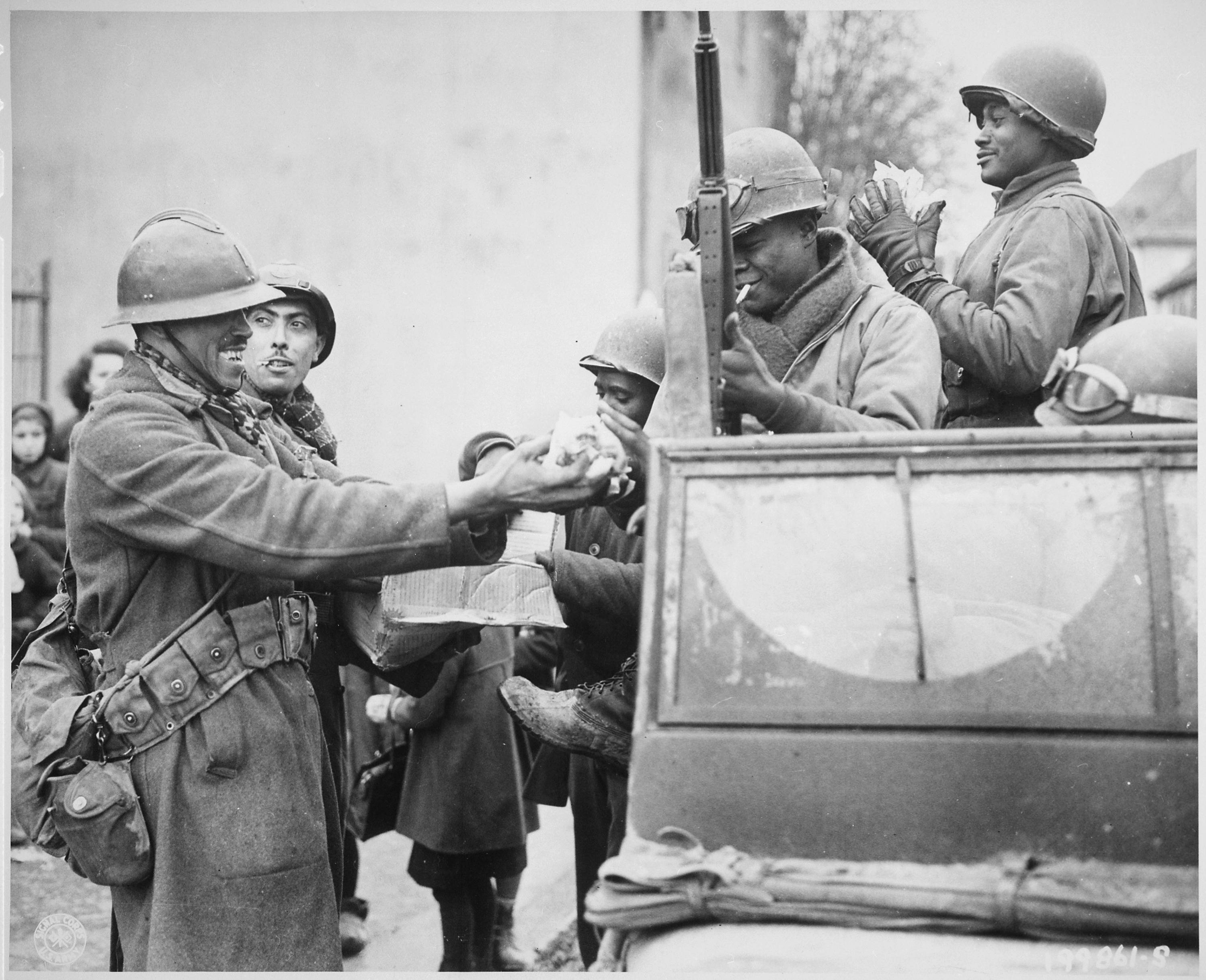So, the French Provisional Government existed only for two years, you might be referring to "Free France" led by Charles De Gaulle.
They mainly fought in north Africa and were quite capable but matched against a legend of his time, Rommel. After Operation Torch (wikipedia link) this government got a large chunk of territory and manpower. Thus, able to help the allies more effectively.
They helped the U.K. in liberating german/italian holdings in Africa and in Middle-East, but they weren't that good. During the Italian Campaign (Wikipedia link) they fared much better and were actually praised by their general (an U.S. one, and others wikipedia link). During the liberation of France, they did really well in helping and securing cities, they ultimately were the one to liberate Paris (partially because they feared it would be destroyed, they attacked without reinforcements before the Allied sent help. Source on the first link I provided) " and by the end of the war in Europe, they were 1,300,000 strong – the fourth-largest Allied army in Europe ".
They weren't "feared" by the Germans, especially because the army was mainly made of north-africans (and the nazi ideology stated those people were clearly inferior.), but they often had people behind them, after all they were trying to liberate their country, one can guess it was somehow easy to gather support.
The British and Americans seemed to ponder their tactical value quite high (pincer attacks were more feasible etc etc) but for martial feats, it all depended on the situation. Some times (Italian conquest, liberation of France) they were useful and helped a lot, other times (Syria, East African) much less so. (De Gaulle thought much more people would rise to help, the soldiers garrisoned there didn't do as he expected etc etc)
On the other hand, French officials in Free France thought highly of it's army, that was able to fight back and wash a bit of the shame that was losing the mainland. Vichy France badmouthed them in order to prevent uprising and appease the other Axis powers (that really didn't want to see an uprising when they were busy elsewhere.).
Lastly, on the Eastern Front, they received multiple awards from the Soviets, even Stalin granted them a special name.
EDIT : I misunderstood what you were looking for, so I'll talk a bit more about what happened after the Liberation.
The French Army (which already became quite important before the Liberation) became well supplied (thanks to America), well marshaled and well equipped. General Leclerc used a bit of that new army to fulfill his oath (Wikipedia Link) and liberate Strasbourg. They did quite well there and were swift. Soon after that, a counter-attack happened! Only France and the U.S. are attacked, ferocious blows are dealt but ultimately the French army simply protected Strasbourg while the main battle has been done by the U.S. army. (Wikipedia Link). Then, the invasion of Germany continued. The French army did quite well in the south, but once again, they weren't fighting the most important battles. So they weren't a laughingstock anymore for the germans, they were simply another nuisance.
It seems they were useful in preventing allies to be hit back, but I do not find any more distinction on the western front. (Wiki Link)
Hope that helps more!
